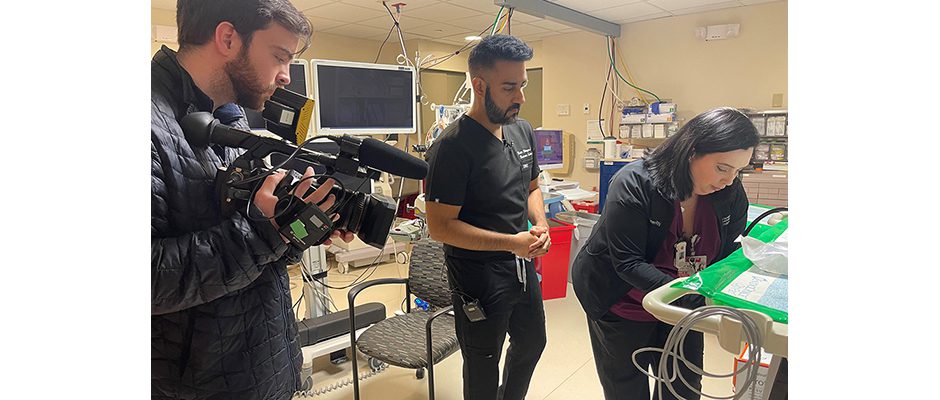
[This piece was written by Matthew J. Ben, MD, Gastroenterologist/Hepatologist, with Albany Gastroenterology Consultants.]
This Sunday, July 28, is World Hepatitis Day, which was established to raise global awareness of hepatitis – a potentially fatal, blood-borne virus which affects the liver.
Hepatitis is a hidden epidemic in the United States, with infectious disease experts estimating there could be as many as 4.7 million Americans living with hepatitis C. Fueling the epidemic, half of those infected are unaware they even have the virus. And of those, less than nine percent have received treatment.
While anyone can get hepatitis C, more than 75 percent of adults infected are baby boomers. For that reason, New York state requires health care providers to offer testing to any person born between 1945 and 1965. The Centers for Disease Control and Prevention (CDC) recommends any person with an increased risk get tested.
You may be at an increased risk for hepatitis C if you:
- Were born between 1945 and 1965
- Have injected illegal drugs (even if it was only once, many years ago)
- Received clotting factor concentrates made before 1987
- Received blood transfusions or solid organ transplants before July 1992, or from a donor who later tested positive
- Received long-term hemodialysis treatment
- Have HIV infection
- Have signs or symptoms of liver disease (e.g., abnormal liver enzyme tests)
- Are a health care worker who experienced a needle stick involving HCV-positive blood
Additionally, the CDC recommends children born to a mother with hepatitis C be tested after 18 months of age.
A simple blood test is used to determine if a person has the virus. A primary care provider, gastroenterologist or liver specialist, such as a hepatologist, can order this test for you.
If a person tests positive for the hepatitis C virus, it is recommended they be vaccinated against the hepatitis A and B strains of the virus. In addition, all hepatitis C patients should be tested for HIV.
Treatments for hepatitis C, and its six genotypes, continue to develop at a rapid pace. Where specific drugs were once used to treat different genotypes of the virus, today all genotypes can be successfully treated with one pan-genotypic drug – a drug which treats numerous genotypes. Talk with your doctor, and check with your insurance provider to see what they cover, before deciding on a course of treatment.
Albany Gastroenterology Consultants is located at 1375 Washington Ave., Suite 101, in Albany, directly across from the University at Albany SUNY campus. For more information, please call 518-438-4483.





